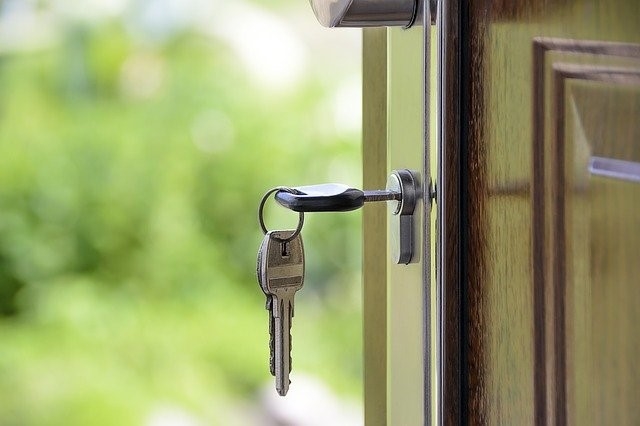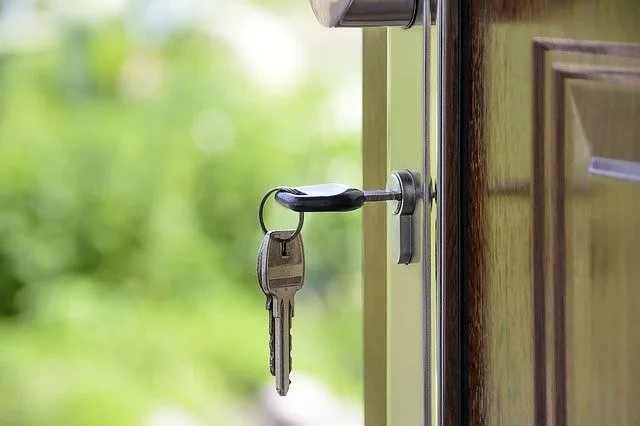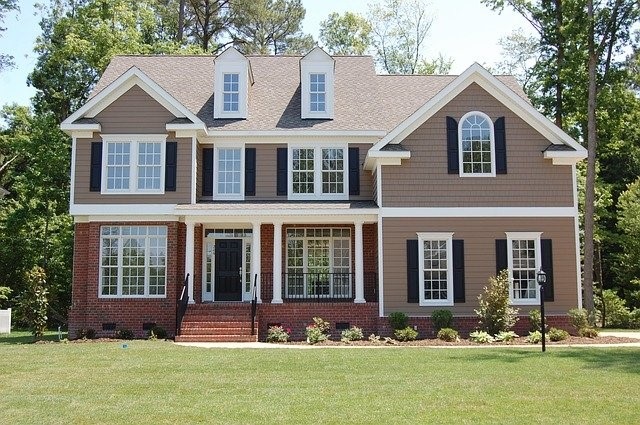You’ve heard it said that “home is where the heart is.” In this new age of social media and digital marketing, there’s no denying that people are more connected than ever before.
Whether you’re looking for new friends, new ideas, or new experiences, one thing is certain: You need a place to call your own.
Finding a new home can be stressful, but it doesn’t have to be! Here are some helpful tips on how to find the perfect new home for you and your family!
Know your Budget
The first thing to do when you’re looking for a new home is to figure out your budget.
You will want to know how much a new mortgage payment would be and other expenses that come with owning the house such as insurance, utilities, property taxes, homeowners’ association dues, etc.

Look into what you can afford, and make a new budget based on that. If you want to calculate your new mortgage, click here and see what the new monthly payment would be.
Start saving for a down payment now so that it’s as close to 20% of your new budget as possible.
Make sure not to get into a new home with a mortgage that is higher than your budget because you will end up living paycheck to paycheck and feeling stressed.
So, if you’re looking for new homes in the area, make sure your new monthly payments won’t exceed what you can afford!
Get Pre-Approved for Financing Before Going to Look at Houses
You must get pre-qualified for financing BEFORE you start looking at new homes.
If a seller agrees to work with someone who doesn’t have pre-approval, the mortgage company will usually take up to two weeks before they can close on the new home purchase. You might find something in that time and lose out!
While banks vary their qualifications, generally lenders need proof of income (pay stubs or tax returns), documentation of any debts like credit cards or car loans, your social security number, and bank account information so they can do a credit check.
The process can be completed without personal references unless you plan on borrowing more than $500K from them.
Some buyers also include their birth certificate as well since this is one document always required by financial institutions when opening new accounts.
Once you have a pre-approval, it’s easier to find your new home because the process of getting financing is already underway.
Sometimes this means you may be able to pay less in down payment and closing costs too!
Read Also:
Consider the Type of Home You Want to Live in
When looking for a new one, one of the most important considerations is choosing a type.
There are three main types that you should consider: single-family homes, condominiums, and townhomes.
Single-family homes have their own yard for outdoor activities and space to grow plants.
They also typically have more room in the living area than condos or townhouses which makes them great for large families or those with lots of friends who want to spend time together.
Condos provide similar benefits as single-family homes but lack some privacy since they share walls with other units on either side; this can make it hard when trying to keep noise levels down between neighbors at night if someone has noisy pets or children.
Townhomes offer many of the benefits of condos and single-family homes but are typically more affordable.
The type you choose will depend on your personal preferences, income level, and need for space.
Consider these three types if you’re new to homeownership or looking for a new place to live in general!
So, what is one thing every new homeowner should know?
If there’s an area with lots of trees make sure they aren’t close enough that branches could come down during heavy winds like hurricanes, which can be bad news for those living underneath them.
Consider the Neighborhood
It’s very important to consider the neighborhood that you are interested in buying a new home.
Some factors to consider when looking at neighborhoods include schools, crime rates, and traffic patterns.
It’s important to find out how good the school system is near where you want to buy your new home before making any decisions.
Other things such as whether or not there are charter schools, magnet programs, or religious private schools for kids should be taken into consideration too.
You might also lookup test scores from nearby public elementary schools if they’re available on websites like GreatSchools.
Neighborhoods with higher crime rates often have lower property values so it may be best to avoid those areas unless necessary because of accessibility issues.
If rush hour traffic is a nightmare in your new neighborhood, it’s worth considering something else.
Here’s a list of things you should explore in your potential new neighborhood:
- Crime rates
- Schools and ratings
- Traffic patterns
- Accessibility (i.e., nearby grocery stores, pharmacies)
- Home prices
- School districts
Find a Real Estate Agent
Hiring a real estate agent to represent you when searching for a new home can help you avoid making the wrong decision.
A realtor will know all of the neighborhoods in your area and be able to show them to you as they come on the market.
Find an agent who understands what it is that YOU want in a new house (size, location, etc.).
Be open-minded about trying new places and don’t just assume one neighborhood or town over another has everything that you’re looking for! Consider asking friends and family members living near where you want to live if there are any agents, they’ve had a great experience with.
It’s always helpful having someone close by who knows the area well enough so they’ll save time driving around.
Have Patience When Looking for Homes
Patience is key when looking for new homes. There are so many different things that you will need to look at before deciding on one, it’s best not to get stuck too early on a certain type of home or neighborhood.
You might be interested in buying new construction but living next door to the site where they’re building could have some undesirable consequences like noise and dust from demolition and new building materials being delivered constantly.
Remember, there are so many aspects to consider when it comes to buying a new home.
The most important thing is that you’re happy with your decision and not regretful later on.
Take the time now to do all of your research as well as weigh out what’s really important for you in a house before going house-hunting. Good luck finding your new home.











